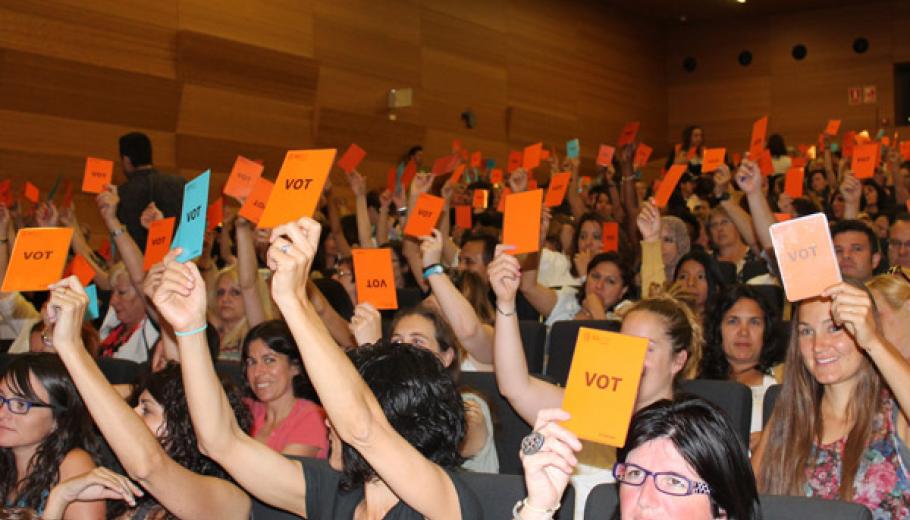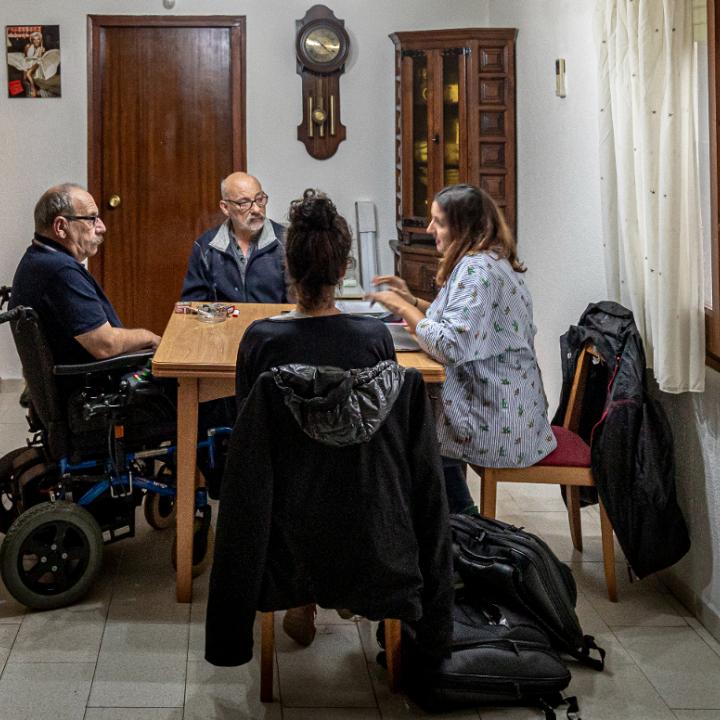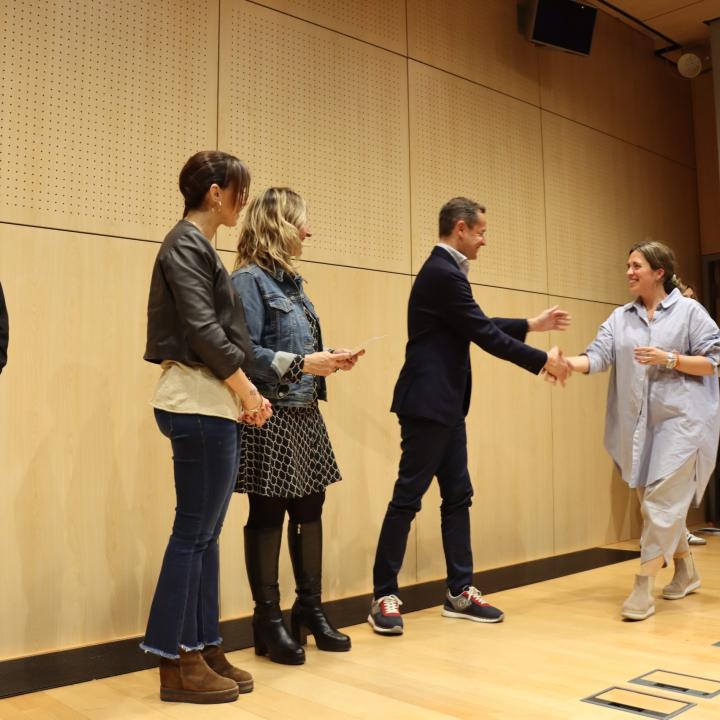The history of cooperativism has been written since the 19th century on the basis of small or big stories. Stories of people seeking to find answers to their needs: work, housing, consumption of goods. Stories of entrepreneurs who want to promote a new business project with certain values as the foundations of their enterprise. Stories of companies that are transformed, of workers who cannot remain without work and find in the cooperative formula a new work model.
All these personal and collective stories find the answer in the cooperative model, which connects with one's own values and the belief that a society based on cooperation will be better than one based on individuality.
And as we know, the name does not make the thing, nor the size defines the genuineness. Experience shows us that being a cooperativist is part of a deep individual belief but also of a constant learning process. You are not a cooperativist to be, but you become a cooperativist every day. When you are a small cooperative, management can be much simpler, but being small does not necessarily guarantee a better cooperativism. You can be a cooperative and be big: it is not at odds, on the contrary. The more we spread the model, the more we demonstrate the value and strength of the model, the better. But there is also the risk of diluting the model if we do not work hard to ensure maximum information, maximum participation of people every day from their workplace and in collective decisions.
Thinking of examples of large and small cooperatives, with more or less history, the Cooperativa Obrera de Viviendas del Prat de Llobregat, founded in 1962, came to my mind. With more than a thousand apartments built, with more than a thousand members, it is one of the most important and unique housing cooperatives in Catalonia. One of the aspects that make it a benchmark is its survival and its commitment to cooperative values. Unlike other housing cooperatives that dissolve when their members have achieved their objective, the COV has survived over time and has had the capacity to adapt and continue to respond to the needs of its members.
Thinking of other more recent examples, many come to mind. But many examples can be found in the framework of the Social Economy Programme: recently created cooperatives that are struggling to move forward with their project.
Thus, decades later, centuries later, the first pioneers of cooperativism, in a totally different economic, social, political and technological environment, very complex, very difficult as it was also the nineteenth century, the cooperative model still takes more strength (if possible) so that values such as solidarity and the common good are essential, not to get out of the crisis, but to build this new era in which, without realizing it, we are immersed.
And Suara is one example among many others that fill the 21st century. We are a cooperative, a cooperative company that seeks work for its members, with a mission and values linked to the welfare of people, with the conviction that another way of doing business, economy and society is possible, although often the environment would have us believe that it is not so.
Ángeles Cobo. General Manager of Suara Cooperativa




